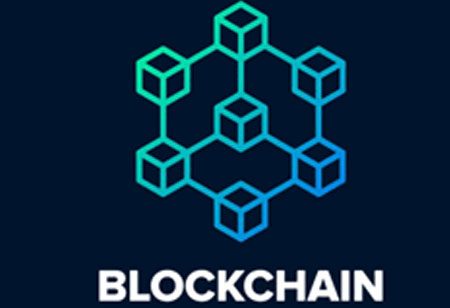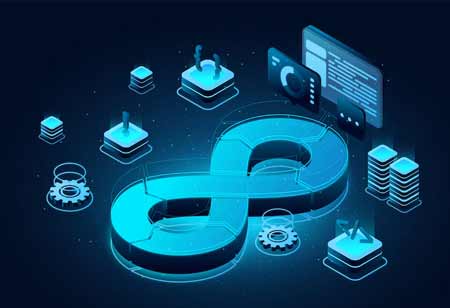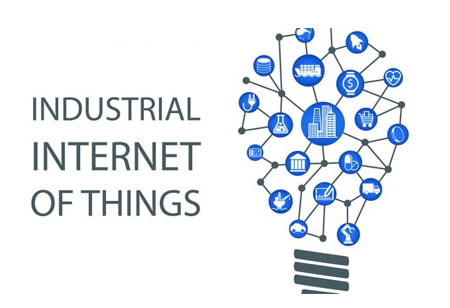THANK YOU FOR SUBSCRIBING
Blockchain Regulation and Compliance Aspects Enterprises Need to Know
“Compliance and transparency are hard-wired to the very fabric of the market,” reports the Securities and Exchange Commission of the United States.

By
Apac CIOOutlook | Wednesday, March 13, 2019
Stay ahead of the industry with exclusive feature stories on the top companies, expert insights and the latest news delivered straight to your inbox. Subscribe today.
With new, efficient technologies emerging as a result of the digital age, lawyers have begun to integrate them into standard legal processes. These new technologies are the future of law, ranging from video conferencing to digital voice assistants. These new technologies include the Blockchain ledger systems. “Compliance and transparency are hard-wired to the very fabric of the market,” reports the Securities and Exchange Commission of the United States. However, some lawyers still challenge blockchain’s legal position in the field. Many lawyers are afraid that the demand for legal professionals will be reduced in the future. While blockchain will disrupt the legal industry and break down intermediaries in many other sectors, in the age of blockchain, lawyers can create space for themselves.
With the geographically more decentralized, anonymous and more resistant to censorship projects, domestic regulators must address infringements of their laws by enabling global coordination, or possibly harmonizing their securities, commodities, financial distributors, and tax legislation. In 2018, the IOSCO, CPMI, G20 and FSB, OECD and EU Blockchain Partnership (launched by the EU Commission) were the driving forces behind these initiatives. But years before, due to the different approaches and attitudes of regulators and governments worldwide, the world has seen real progress. The handiest way of regulating the protection of privacy coin is to allow it to be traded on regular cryptographic exchanges, which could foster trade under the watchful eye and create an initial trial that is auditable
Among the few government players who have publicly recognized that there are tensions between blockchain and GDPR and, particularly, the rules relating to the right to erasion, rectification rights and the principle of data minimization, are the French DPA, EU Members of Parliament and the EU Blockchain Forum. A few companies have simply blocked access to their sites or services from European citizens, but that might no longer be a workable solution, with the California Consumer Privacy Act coming into effect in 2020 and the recently launched United States Federal Privacy Law. Initiatives of change are not feasible solutions anymore. There are a number of suggestions for GDPR compliance such as zero-knowledge evidence and private key destruction, but the question of these erasure or anonymization methods remains unclear.





